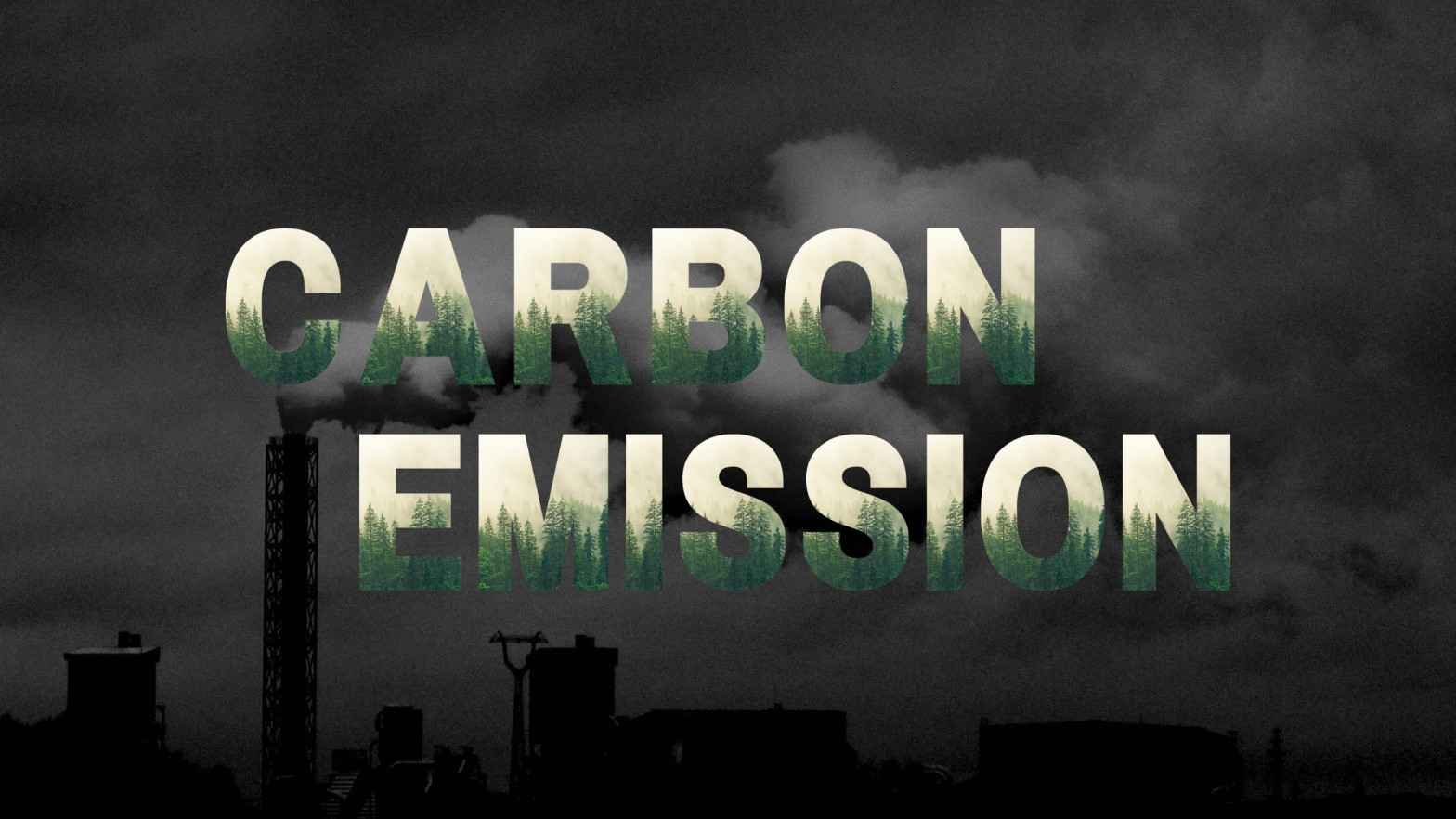
Solar Panel Warranty
Solar panel warranty safeguard your solar investment and are a salient feature that a solar power plant company offers. It can be quite confusing to understand solar panel warranties if you aren’t much aware of solar. It’s crucial to understand the distinctions between the various warranties that keep your panels covered as well as which systems have the best warranties to ensure you obtain the best deal for your solar energy system.
Solar panel warranty comprises two distinct parts:
- Product/equipment Warranty
This warranty is offered by the manufacturer that protects the client from defects that may occur due to manufacturing error, quality issues, or any component failure. It is considered the most important warranty for solar panels, as this is more straightforward. Manufacture either replace or provide a refund in case of failure of a solar panel within the product warranty. Typically, Manufacturers provide a minimum of 10-year product warranty.
- Performance Warranty
When a solar power plant is installed outside and exposed to sunlight, UV radiation, and high temperatures, they slowly reduce its power output over time due to a phenomenon called Light Induced Degradation or LID. The performance warranty guarantees that the solar panel will perform to a certain level of efficiency for a specific time frame. Typically, solar panel experience a loss of 3% in the first but the annual loss over the 24 years is much less, at around 0.3% to 0.7% per year.
The industry standard for a performance warranty period is 25 years, this means that a performance warranty covers a longer period of time than a product warranty. Generally, Manufacturer guarantees that solar panels will not lose more than 10%-20% of their power-out capacity over the first 25 years. If the reduction in power output is faster than what the warranty specifies, the manufacturer will either repair the solar panel or provide the client with a replacement panel.
How To Make A Warranty Claim
Contacting your solar installer or retailer should be your first course of action. They should be able to set up an examination or even remotely monitor your system to assist with problem diagnosis. The installer should handle the warranty claim on your behalf if they discover a flaw or problem with the panels and it is still covered by the manufacturer’s guarantee.
If your solar installer is unavailable, you can engage a solar specialist to examine the system, offer you advise, and give you with a condition or fault report.
Before approving a warranty claim, the makers of the solar panels will need proof of the issue, information on the solar installation and the installer, and pictures of the installation to make sure it complies with their specifications.
Can Solar Panel Warranty be transferred ?
The solar power warranty is typically transferrable to the new homeowner if you purchase your equipment, even if you sell your house. If you’re considering selling your home, get in touch with the company that provides your solar warranty and let them know about your plans to find out what is necessary. They may have measures you need to follow to guarantee the warranty transfer goes well.
The warranty for leased equipment typically passes to the next lessee when they take over the lease. The situation may be trickier, though, if you buy out the remaining lease period before selling your house. For further information on what will transpire specifically, we advise you to get in touch with your solar lease warranty provider.
What is excluded from the Solar Panel warranty ?
Most solar warranties do not often cover a few valuable items:
- A promise that your system will produce a certain amount of solar power
- The price of labour to repair and replace equipment, or the cost of delivering replacements to the location
- Due to power outages, surges, fire, flood, direct or indirect lightning strikes, or other natural disasters, solar panels may sustain damage.
- Damage brought on by unintentional breaking, explosions, vandalism, war, or other uncontrollable events
Additionally, some warranties cover labour expenses while others charge extra for labour.
You could have to pay the solar installer to climb up on your roof, remove the old panels, and install the new ones if labour is not included in the price.
Importance of Solar panel Warranties
A solar power plant is a multi-year investment. The return on investment is directly related to the power output that your solar powerplant generates year after year. Your solar panel system’s electricity production enables you to purchase little to no electricity from your utility. Your dependence on the grid grows as your solar system provides less electricity. The game is a zero-sum one.
You will get less long-term value out of your solar system if your panels age more quickly over time than you would if they aged more slowly.
Conclusion
In conclusion, one of the most important considerations when choosing a solar panel is the manufacturer’s product warranty. There are further aspects to take into account while choosing it, such as a lengthy performance warranty and the manufacturer servicing guidelines. Simply having the longest warranty is insufficient. As crucial as the warranty itself is the manufacturer who stands behind it.
Greenon Energy offers the best brands that you can get and amazing after-sales service.




